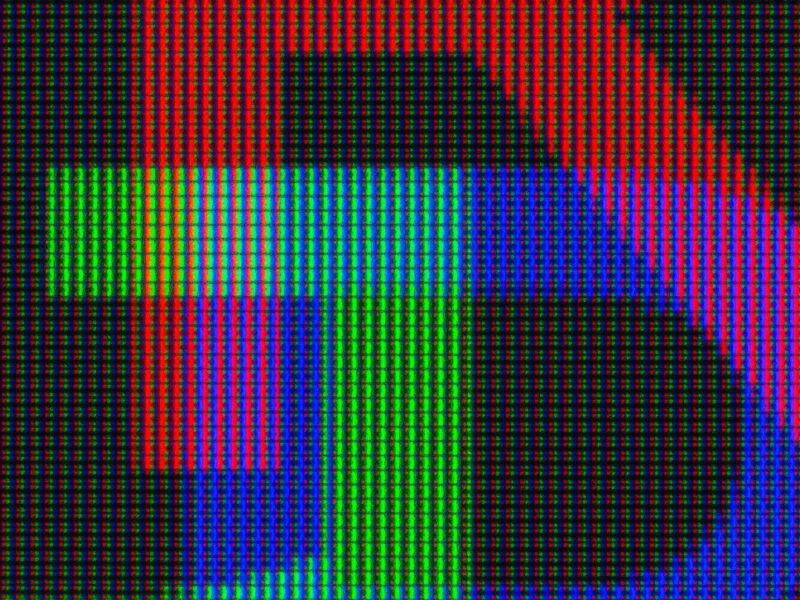Enlarge (credit: sandergroffen/Getty Images)
Back in the 1950s, when color TV was invented, everything was simple. TVs were either color or black-and-white, and you could tell at a glance which was which. Today, you can find TVs and monitors that somehow promise more colors, but what does that mean? And why do manufacturers use confusing jargon like color spaces and color gamuts to explain it? Let’s break it down.
Most likely, you’ve seen the terms “color space” or “color gamut” while shopping for a high-dynamic-range TV, but you’ll also see them pop up around certain computer monitors, especially ones designed for gaming. Sometimes a manufacturer will say that a display covers some percentage of a particular color space, like DCI-P3 or Rec. 2020.
Read 16 remaining paragraphs | Comments




